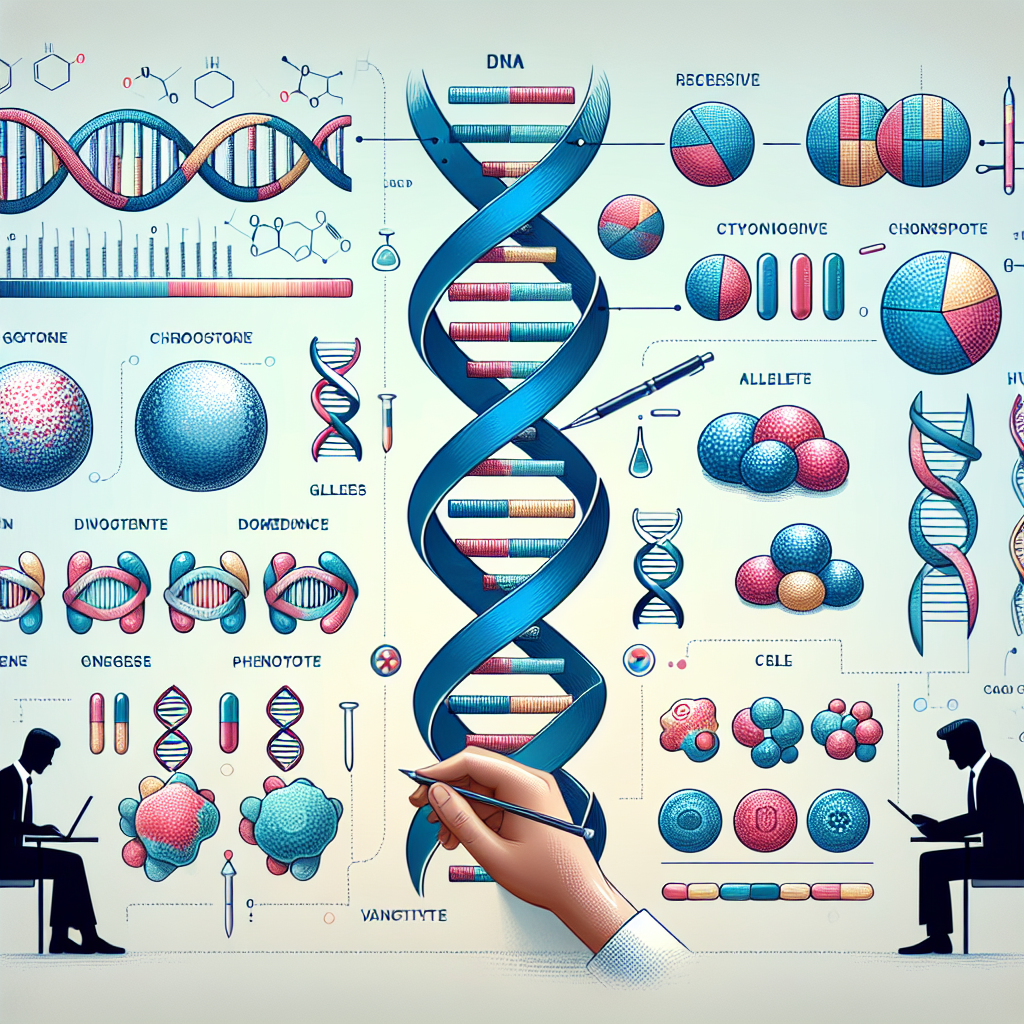Genetic Links and Microplastic Impact: New Insights into Health Risks
An Australian study reveals that genetic factors contribute more to depression risk in females. Analyzing DNA from nearly half a million people, researchers identified more genetic markers for depression in women. Another study presented at UEG Week highlights microplastics' adverse effects on the gut microbiome.

A recent Australian study published in Nature Communications suggests that genetic factors contribute disproportionately to depression risk in females compared to males. By examining DNA samples from nearly half a million participants, twice as many genetic markers associated with depression were found in females, offering potential insights into why the condition affects women more frequently.
The research not only underscores the importance of considering gender-specific genetic factors in studying health conditions like major depressive disorder but also holds promise for more targeted treatment strategies. Additionally, findings at the United European Gastroenterology Week indicate microplastics' potential disruption of the gut microbiome, a crucial facilitator of overall well-being.
As drug trials predominantly focus on male subjects, these revelations could pave the way for a broader understanding and advancements in clinical approaches to female depression. Concurrently, studies on microplastics emphasize an urgent need to mitigate exposure, given their potential role in altering gut health and linking to various diseases.
(With inputs from agencies.)










